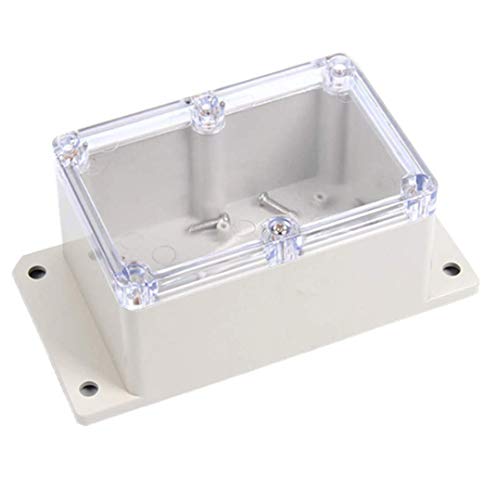Please could anyone offer advice?
I have a daisy chain spot light set-up in my kitchen. I have 6 spot lights (2 rows of 3).
5 lights no longer work. 1 light does work. I have replaced the 5 broken spot lights with new and working (having tested them) and correct type of transformers and halogen bulbs.
What is the problem? Any help would be much appreciated.
I have a daisy chain spot light set-up in my kitchen. I have 6 spot lights (2 rows of 3).
5 lights no longer work. 1 light does work. I have replaced the 5 broken spot lights with new and working (having tested them) and correct type of transformers and halogen bulbs.
What is the problem? Any help would be much appreciated.































































